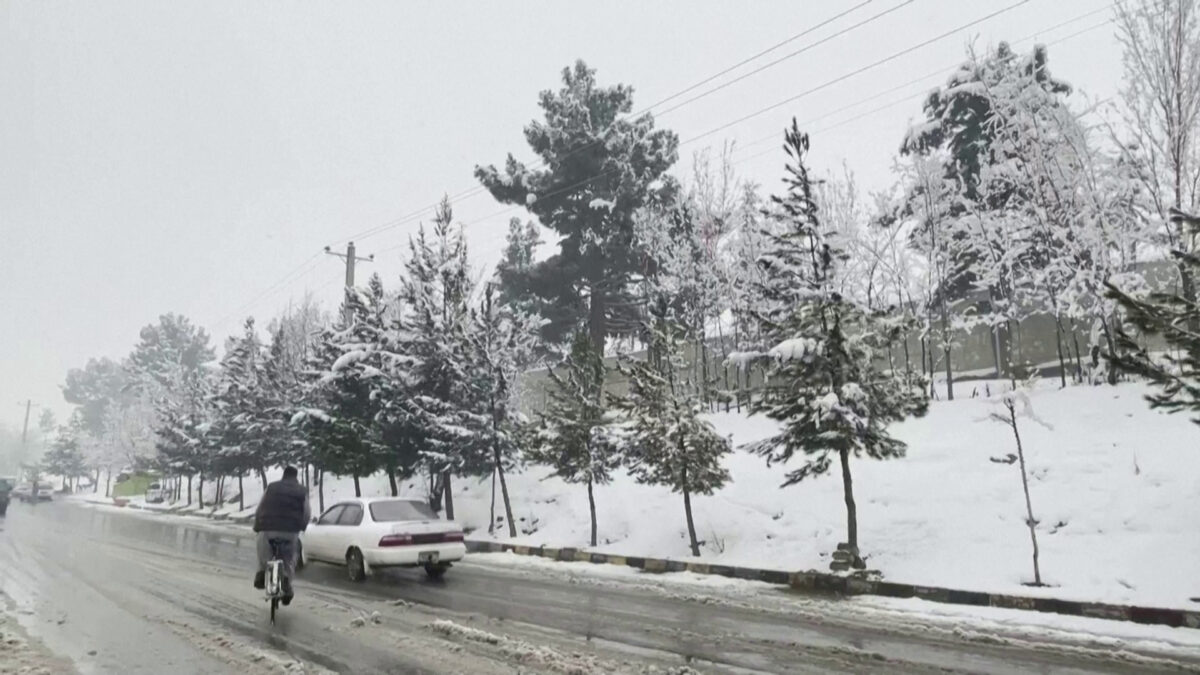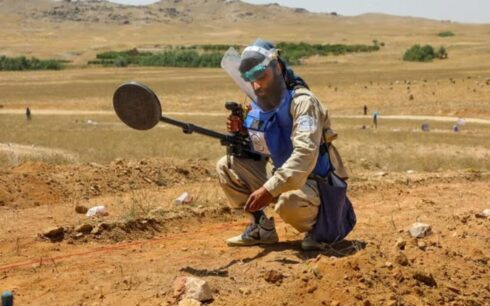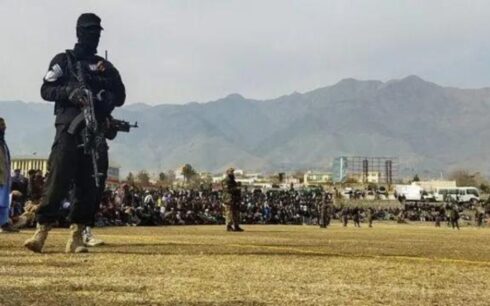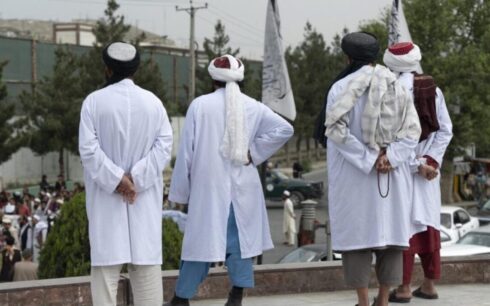As extreme weather continues to grip Afghanistan, Kabul residents on Sunday said they are battling to stay warm in the bitterly cold weather as they are not able to afford firewood or charcoal to heat their houses.
This comes amid what some experts have said is Afghanistan’s coldest winter in 15 years. Heavy snowfalls have also been recorded across numerous provinces over the past three weeks, including Kabul.
On Saturday, snow started falling in the capital and by Sunday morning the city was blanketed in snow.
Quoting Taliban officials, Reuters reported last week that more than 160 people have died from the cold in Afghanistan this month.
According to the report, about 84 of the deaths had taken place in the last week.
The cold wave has hit the entire country but has been particularly harsh across northern provinces, where temperatures have plummeted in places to well below -30 degrees Celsius.
Sources told Amu last week that just in Nimroz province, at least 32 people died from the cold in one week.
Fifteen also died last week in Jawzjan province in the north.
Tens of thousands of livestock have been reported to have died from exposure to the cold and lack of food.
One Kabul resident, Sana Gul, who is a cobbler, told Reuters on Sunday: “We don’t have anything at home, and my children say, go and bring us firewood. I don’t have any money. So far, I have earned 50 Afghani ($0.50). It is snowing and there are no customers.”
Another cobbler, Faiz Mohammad, said he had to sell snow shovels “because there is nothing else to do.”
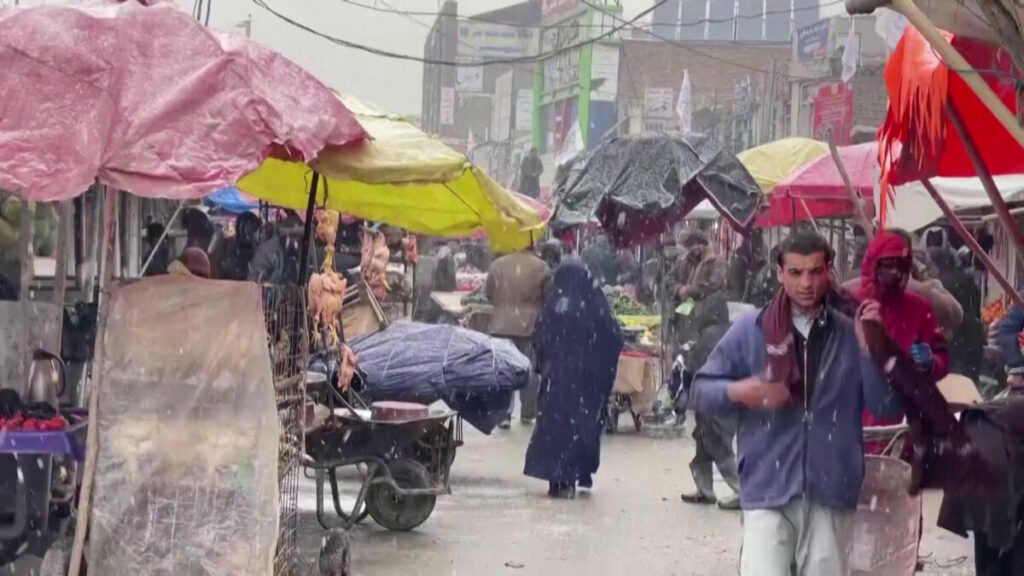
“People don’t have firewood and charcoal, and the international community doesn’t pay any attention to them. It would be better if these poor people were helped, otherwise many will die from the cold,” said Mohammad Ehsan, another Kabul resident.
Abdul Baseer, also from Kabul, said: “The international community must pay attention to our conditions, most Afghans’ economy is weak, and we see that most people collect plastic to heat themselves.”
Humanitarian crisis
The Taliban’s ban on women aid workers late December 2022 led to a pause in operations by many major aid organizations in the country. At least three aid agencies, including CARE and Save the Children resumed some of their activities earlier this month after some key female staff members were able to return to work. However, many aid agencies have still not resumed operations, which is having a major impact on the situation in the country.

